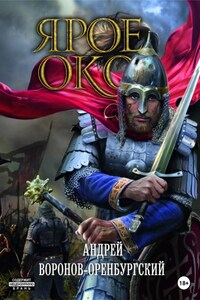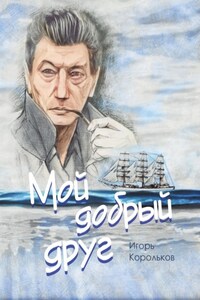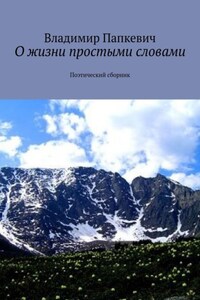Holidaymakers speckle the beach, reclining behind brightly striped windbreaks, hands held to eyes against the late afternoon sun as they gaze at the glittering sea. On the horizon squats a huge grey tanker; in the middle distance a scattering of white-sailed yachts, their spinnakers billowed and taut. At the shoreline a young couple in surfing gear are launching a yellow canoe. He holds it while she climbs in, then he jumps on and they paddle away, the boat rocking and bumping through the swell. Two little girls in pink swimsuits stop paddling for a moment to watch them then dash in and out of the water, shrieking with laughter. Behind them, a family is playing French cricket. The ball soars towards the rocks, pursued by a dog, barking wildly, its claws driving up a spray of wet sand.
On the cliff path behind the beach, people are queuing at the wooden hut for tea and biscuits, or an ice cream, or bucket and spade or a ready-inflated Lilo, which is what a couple of teenage boys are buying now. ‘Don’t take it in the sea,’ warns the woman behind the counter. The taller boy shakes his head then he and his friend carry the airbed down the worn granite steps to the beach.
Here, the sand is pale and dry, glinting with mica. As they head for the water, the boys throw a covetous glance at a blonde woman in a black bikini, who’s lying on a white towel, perfectly still. She’s enjoying the warmth of the sun and the sound of the sea pulling in and out, as steady as breathing. A sandfly lands on her cheek and she brushes it away, then pushes herself up, resting on her elbows. She gazes at the headland, where the grass has dried to a pale gold: then she looks at the dark-haired man sitting beside her, and gives him an indolent smile. Now she turns on her front, reaches behind to unclip her bikini, then hands him a tube of Ambre Solaire. The man hesitates, glancing at the woman’s two children who are building a sandcastle a few feet away, then he removes the cap and starts rubbing the cream onto the woman’s shoulders. As his palm strokes her skin, she sighs with pleasure.
Her daughter, kneeling in the sand, looks up. Seeing the man’s hand moving over her mother’s waist, the girl reddens, then stumbles to her feet. ‘Let’s go rock-pooling,’ she says to her little brother.
He shakes his blond head and continues digging. ‘No.’
‘But I want you to.’
‘I’d rather stay with Mum.’
The girl picks up her plastic sandals and bangs them together. ‘You have to come with me.’
‘Why?’
She puts on the right shoe. ‘To help me.’
‘Don’t want to help you.’
‘Well you’ve got to …’ She shoves her left foot into the other sandal, bends to do it up, then grabs the bucket that the boy was filling and empties it. ‘I’ll carry this; you take the net.’
The boy shrugs his narrow shoulders, then stands. He hitches up his red swimming trunks, which are hand-me-downs and much too big; he picks up the net lying nearby.
Their mother lifts her head. ‘You don’t have long,’ she says. ‘We’ll be leaving at six, so you’re to come back when you hear the bell from the tea hut. Did you hear me?’ she adds to her daughter. ‘Hold his hand now. You must hold his hand.’ The girl gives a sullen nod then starts to walk towards the rocks that spill down from the low cliff to the sea. Her brother follows her, dragging the net, its stick leaving a sinuous trail, like the tail of the yellow kite which he now notices, swaying high up, against the blue. He cranes his neck to watch it, one eye closed against the sun.
The girl glances behind and sees that he’s not following her. ‘Ted!’ she calls. ‘Come on!’ She wants to get as far as possible from their mother and her so-called ‘friend’. ‘Teddy!’ The little boy tears his gaze from the kite and follows his sister, jumping onto her footprints, leaving no tracks of his own. A toddler wobbles across his path, naked except for a sun hat, then tumbles over, wails, and is hastily scooped up.














